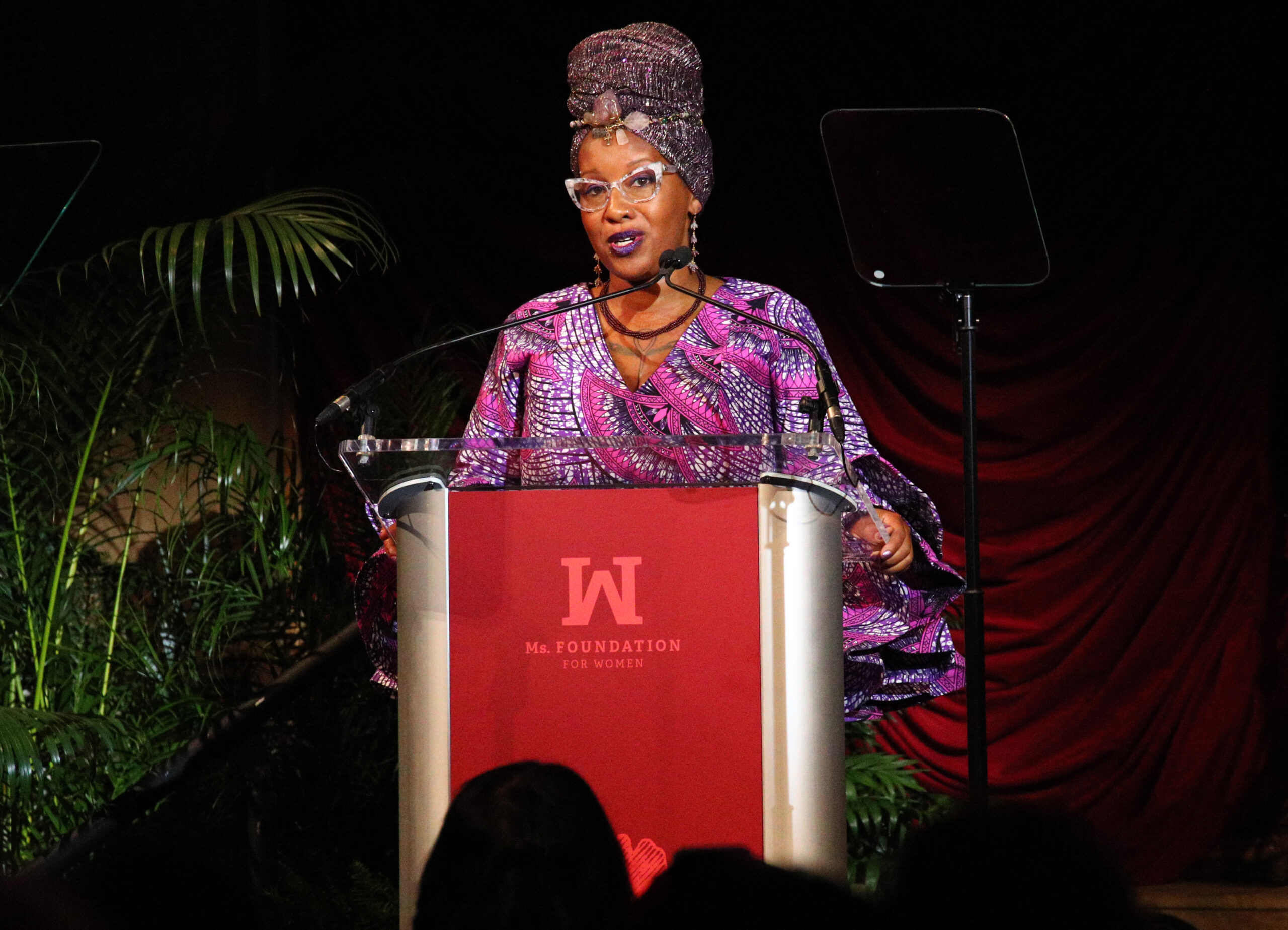When it comes to reproductive care, queer and trans birthing people are often left out of the conversation. But for Jamarah Amani, that exclusion is not just unacceptable. It’s the very reason her work exists.
“Trans and gender nonconforming individuals are erased from narratives around pregnancy and birth,” Amani told 21Ninety. “We must recognize people’s identities and agency. That’s essential to birth justice.”
A Leader in Inclusive Midwifery
Amani is a certified midwife, activist and the executive director of the Southern Birth Justice Network. She’s also a founding member of the Queer and Trans Midwives Association. The organization is dedicated to inclusive, affirming care that centers people across the gender spectrum. Her message is clear: Every birthing person deserves to feel seen, respected and supported.
“I provide care for individuals of all gender identities, gender expressions and sexual orientations,” she said. “Midwives can be of any gender and provide care to all people.”
The Black Midwives Model of Care
That belief is built into everything she does including the revolutionary Black Midwives Model of Care. Designed by Amani, the model prioritizes trust, cultural relevance and holistic support while acknowledging the multiple oppressions Black birthing people face.
“It centers the experiences of Black mamas and the realities that Black families navigate,” she said. “It is about nurturing the entire person, their family and their community.”
A Blueprint for Healing and Justice
In a world where racism, medical neglect and transphobia collide in harmful ways, Amani’s work stands as a blueprint for healing. Her model is both ancestral and forward-thinking, blending tradition with advocacy for a more just future.
“We embody multiple identities—race, class, gender, sexuality, age, immigration status,” she said. “Racism is the toxicity that harms people, regardless of gender identity. So our economic and social solutions must be layered, too.”
In 2018, she launched the Birth Justice Bill of Rights, a resource created to help birthing people reclaim autonomy in clinical spaces that often ignore or harm them.
“Birth justice means being able to decide if, when, where, how and with whom to give birth,” she said. “It’s about respect—for your pronouns, your culture, your identity—and the right to joyful, empowered birth.”
Building an Inclusive Future for All Families
Amani’s vision extends far beyond clinic walls. Through the Southern Birth Justice Network and national advocacy work, she’s helping shape a future where queer and trans birthing people are not only included but protected, celebrated and resourced.
“This moment calls for us to divest from harmful practices and invest in healing,” she said.
For Amani, that means pushing for more inclusive spaces, training more LGBTQI+ midwives and doulas, and fighting for policies like paid leave and postpartum care that support all families.
Take Action During Black Maternal Health Week 2025
And during Black Maternal Health Week 2025 (April 11–17), she’s inviting everyone to take part in the movement:
- Download and share the Birth Justice Bill of Rights
- Demand policies that end obstetric violence
- Use your platform to share stories with #BirthJustice and #BMHW25
At the root of her work is a powerful truth: birth is sacred, and so are our identities.
“It is our sacred right to birth joyfully,” Amani said.
